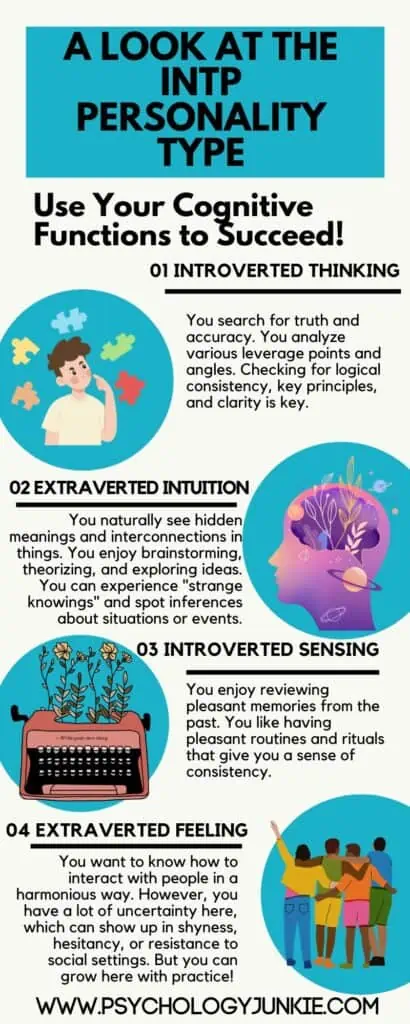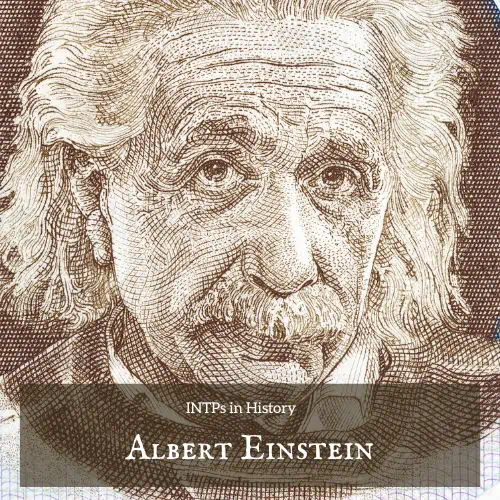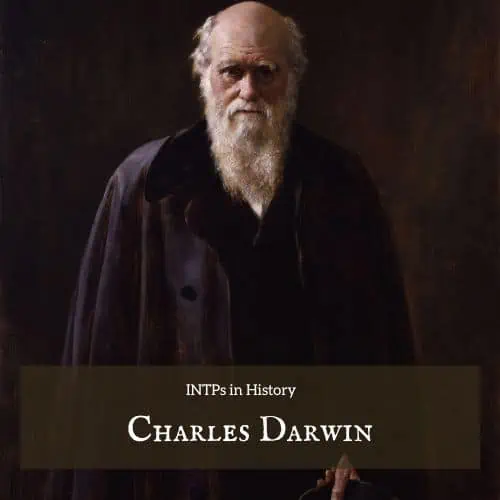Are INTPs Rare? The Truth About the Prodigy
Have you ever taken a personality test and found out that you are an INTP? Do you constantly feel like you just don’t fit in with the rest of the world? INTPs are often seen as the outsiders of society and their unique personality is often misunderstood. In this article, we will explore just how rare INTPs really are and what that means for their daily lives. So, let’s dive in!
Not sure what your personality type is? Take our new personality questionnaire here. Or you can take the official Myers-Briggs Type Indicator (MBTI®) here.

Are INTPs Rare? The Truth About the Prodigy
Firstly, let’s look at just how rare INTPs are. According to the latest MBTI® Manual, INTPs make up 4.8% of the national population (based on a sample of 16,773 people from 23 different countries). This means that if you’re in a group of 100 people, only about 4 or 5 INTPs will be present (if they even showed up, which is debatable). That’s not a lot! It’s no surprise then, that INTPs often feel like they don’t truly fit in with the rest of society. And because they sometimes struggle to know where they stand socially, they can become reclusive and hesitant to engage socially.
On top of their rarity, INTPs face an uphill battle when it comes to being part of big social groups and communities. They are wired to analyze complex ideas, debate existing norms, and think outside of the box. Reading social cues, building rapport, and rubbing shoulders with people is an area of much greater uncertainty for them. They can struggle to come up with small talk topics, if they even build up the desire to dip their toes into such uninspiring territory. Many INTPs struggle with feelings of social isolation and overwhelm in large groups or communities. And because of their skeptical and sometimes argumentative nature, even close friends or family members may reprimand them for being “pedantic” or hairsplitting about logic. Lots of people enjoy talking about funny stories, relationships, sports, or pop culture; far fewer are interested in exploring the philosophy of Kant or how to build a computer from scratch.
Despite the difficulties that INTPs face, the world greatly needs them. Without INTPs (and their ISTP “type cousins”), where would the world be? We’d have a lot less accuracy in scientific fields, fewer forward-thinking innovators, and a whole lot fewer creative solutions and truth-seekers. There would be less of a focus on accuracy and truth and more of a focus on the bottom line or how people feel (an ever-changing metric).
INTPs are invaluable to our society and deserve recognition for their unique perspectives.INTPs possess many amazing talents and gifts that can contribute positively to society. They can solve complex problems, develop new ideas and concepts, and analyze information in-depth with a patience many other types simply don’t have. Their ability to see the world in a different light than most people allows them to innovate and create change. And while they may seem aloof or argumentative at times, their honest and logical way of thinking is crucial for progress.
Famous INTPs in History:
Albert Einstein
“I have no special talent. I am only passionately curious.” – Albert Einstein
Albert Einstein is arguably one of the most renowned scientists and thinkers in modern history. His contributions to science are unparalleled, having created the theory of relativity that revolutionized scientific thought. He was also an INTP, possessing all the traits associated with this type – inquisitiveness, strong analytical skills, ability to think outside the box, and a thirst for knowledge.
Abraham Lincoln
“I am not concerned that you have fallen; I am concerned that you arise.”
Another famous INTP is the 16th President of the United States, Abraham Lincoln. He was known for his strong moral compass and his desire to seek justice and equality for all citizens. Despite facing tremendous challenges during his presidency, he never wavered in his commitment to a better future for America. Like Einstein, he also had an inquisitive mind that allowed him to think outside of the box. With only 18 months of formal education, he was a self-led learner with a hunger for knowledge, and a perseverance that allowed him to achieve his goals despite all odds. As an example, he passed the bar exam by teaching himself law! This is a testament to the power of INTP curiosity and determination.
Charles Darwin
“Ignorance more frequently begets confidence than does knowledge: it is those who know little, and not those who know much, who so positively assert that this or that problem will never be solved by science.” – Charles Darwin
Charles Darwin, the father of evolution and one of the most influential scientists in history, is another example of an INTP. He was a passionate naturalist and thinker who spent much of his life studying and analyzing animal behavior. His curiosity led him to some groundbreaking discoveries in the field of science that have shaped our understanding of nature today. Like many other INTPs, he was also ahead of his time, being one of the first people to challenge traditional beliefs about the world.
In Conclusion:
INTPs are extremely rare and often misunderstood, yet their unique perspectives can make a huge impact in society. From Albert Einstein to Abraham Lincoln to Charles Darwin, there have been many famous INTPs who made great contributions to the world. If you’re an INTP, you may feel like an outsider sometimes – but don’t forget that you carry within you special gifts that can be shared with the world. Embrace your differences and don’t be afraid to speak up even if you stand out from the norm! Your unique perspectives are invaluable and essential for progress in our society. And you never know who might benefit from your knowledge and insights – so don’t be afraid to share them.
Other Articles You Might Enjoy:
The Dark Side of the INTP Personality Type
The INTP Cognitive Function Stack
References:
MBTI® Manual for the Global Step 1™ and Step II™ Assessments by Isabel Briggs Myers, Naomi Quenk, Mary H. McCaulley, Allen L. Hammer – 4th edition (The Myers-Briggs Company, 2018)












Hmmm… you don’t need to define by example, the term ‘percent’. Those of us who are INTPs already know, and any other types who are over 10 years old should already know also. If they don’t, too bad. 🙂 As for rarity, 4.8% (~1/21) isn’t that much less than 6.25% which is 1/16 of all of the MBTI types.